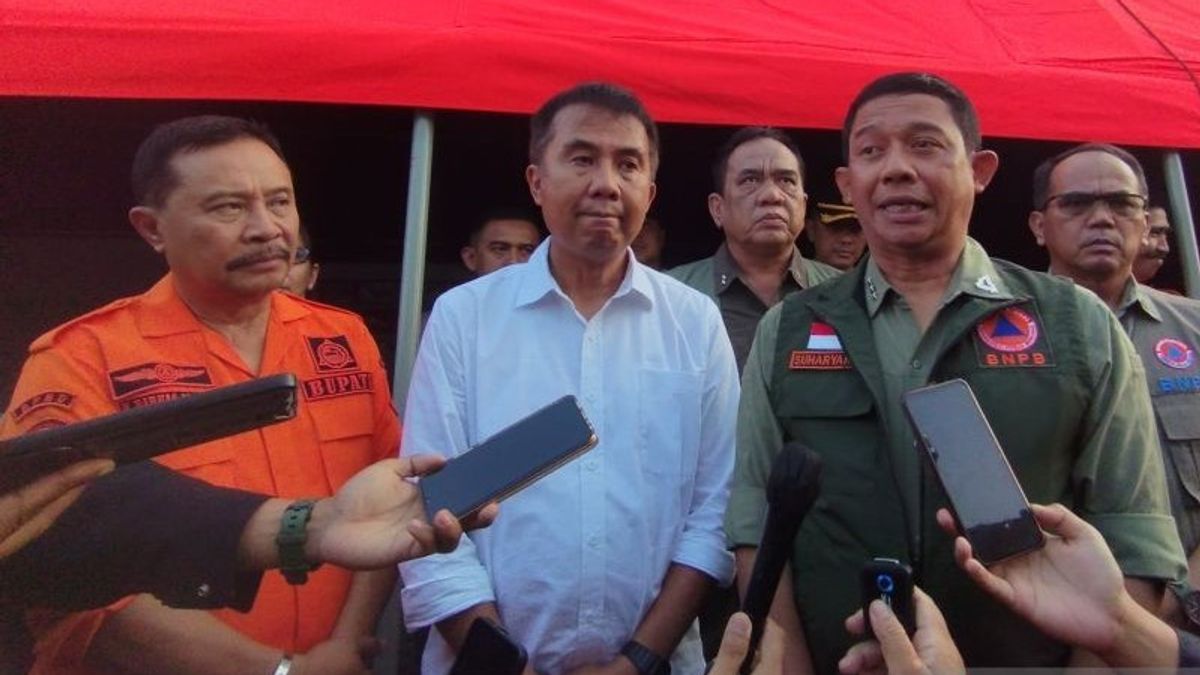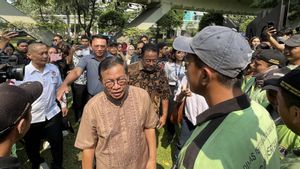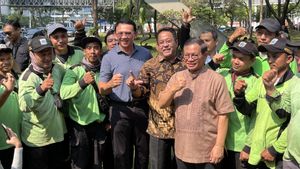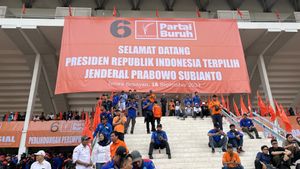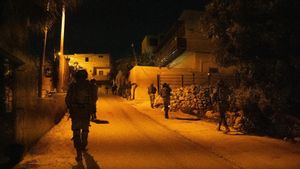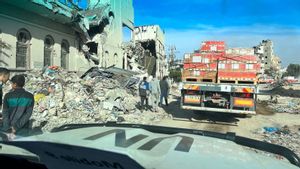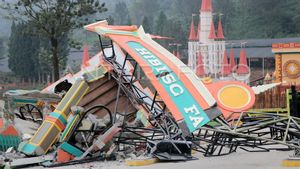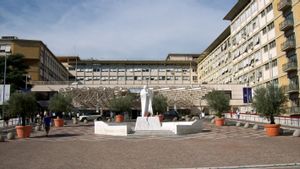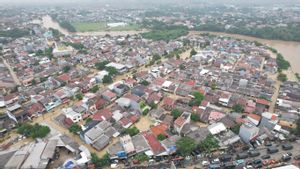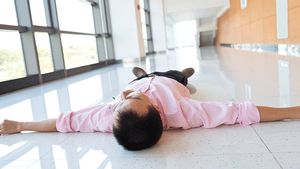The Indonesian Doctors Association (IDI) deployed around 40 medical personnel to deal with victims affected by the M4.9 magnitude earthquake that rocked Bandung Regency, West Java.
The head of IDI West Java Region, Dr M. Luthfi, said that around 40 medical personnel consisted of general practitioners, specialist doctors, and nurses.
"Until now, medical doctors from the IDI Bandung Regency and IDI West Java who were accompanied by paramedics and nurses are still conducting mobile health checks in affected areas," he explained in a statement received in Jakarta, Antrara, Friday, September 20.
The impact of the earthquake was felt in a number of areas in Bandung such as Majalaya, Banjaran, Lembang, Parompong, West Bandung, Baleendah, Garut, and Cileunyi, where many buildings were damaged and some were collapsed.
He added that there was one health service facility whose building was affected by the earthquake, namely the Paperari Health Center.
Luthfi quoted data from the BMKG, which showed that as of Thursday (19/9) there were still aftershocks with the largest magnitude of M3.1 and no potential for a tsunami.
In the same statement, the Head of IDI Bandung Regency Branch, Dr. A. Aziz Asopari, said that until now, at the Bedas Kertas Hospital, there were 26 victims who were treated, namely 13 men and 13 women, with 24 victims of minor injuries and outpatient care, and two people who were seriously injured who were then referred to Majalaya Hospital.
He added, through coordination with the National Disaster Management Agency (BNPB), they found that overall in areas affected by the earthquake there were around 15 people who suffered serious injuries, of which seven people had to receive intensive care at the RSUD, 53 people suffered minor injuries, and a toddler died from severe head trauma.
Aziz added that the number of refugees is currently around 5,400 people consisting of dealing with children, adults and the elderly.
In addition, he said, doctors in charge of reporting that logistical food and medicines are needed, considering that most of the drugs in the Puskesmas pharmaceutical installation cannot be taken because they are afraid that the building will collapse.
SEE ALSO:
He added that the types of diseases currently being treated include Upper Respiratory Tract Infection (ARI), allergies, hypertension, myalgia, and anxiety. The IDI field team also found that in Cihawuk Village there were two children who needed counseling due to post-disaster trauma.
The English, Chinese, Japanese, Arabic, and French versions are automatically generated by the AI. So there may still be inaccuracies in translating, please always see Indonesian as our main language. (system supported by DigitalSiber.id)
